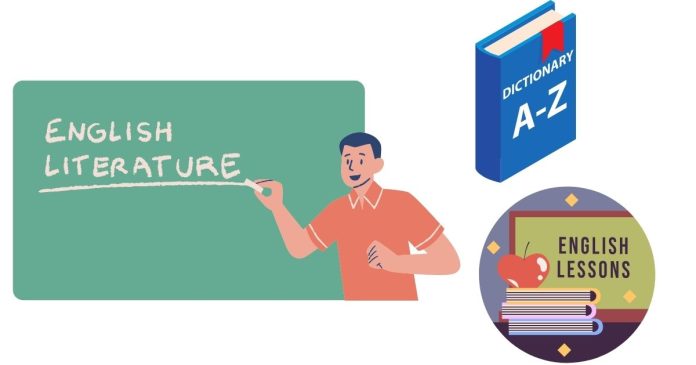The word “worse” is often used as a comparative adjective, meaning it compares something to a lesser or more negative quality. However, when discussing its grammatical forms, it’s important to understand that “worse” itself does not have a past or past participle in the same way that regular verbs do. Instead, “worse” functions differently in the language.
Understanding “Worse”
“Worse” is the comparative form of the adjective “bad” (and sometimes “ill”). It is used to compare the quality of two things, indicating that one is of lower quality or more negative than the other.
Example of “worse” in a sentence:
- This situation is worse than I expected.
- The weather today is worse than yesterday.
Past and Past Participle Forms in Relation to “Worse”
- “Worse” is not a verb, so it does not have past or past participle forms. Instead, it is used in the context of comparison and does not follow the typical verb conjugation rules.
- The base form of “worse” comes from the adjective “bad” (or “ill”), and its comparative form, “worse,” is used when comparing two things. If you’re looking for the past and past participle forms of “bad” (since “worse” is the comparative form), the correct forms are:
- Bad (positive): Describes something of poor quality.
- Worse (comparative): Used when comparing two things.
- Worst (superlative): Used to describe the most negative or least favorable of three or more things.
Verb Form for “Worse”
Though “worse” itself is not a verb, the verb form related to the concept of becoming worse is “worsen”. “Worsen” is a regular verb, and its conjugation follows typical verb rules:
- Base form: worsen
- Past tense: worsened
- Past participle: worsened
Examples using “worsen”:
- The situation worsened as the storm approached.
- His condition has worsened over the past few days.
In summary, “worse” does not have a past or past participle form because it is an adjective, not a verb. It is used as a comparative form of “bad.” However, if you’re referring to the verb related to “worse,” you can use “worsen,” with “worsened” as both its past tense and past participle. This distinction clarifies how “worse” functions in comparison, while “worsen” serves as the verb form to describe something becoming more negative or worse over time.


